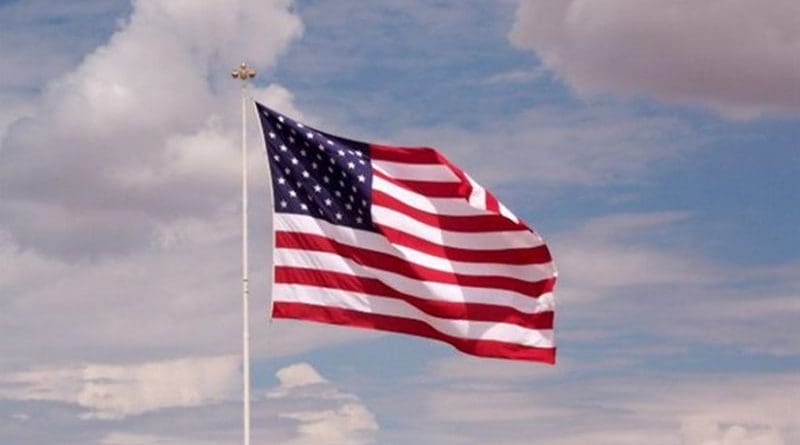New Disarray In American Political Thought – OpEd
American political thought has always been distinguished by its remarkable lack of originality and rather pathetic emulation of European intellectual tradition. Despite its wealth of “think tanks” that are often little more than appendages to the official policy establishments painting ‘grey upon grey’ to paraphrase Hegel, as well as so many well-founded departments in countless universities, the United States continues to suffer from a basic malady of poverty of political thought, particularly in the realm of international affairs, for whatever reasons.
Perhaps, one could trace this lacunae to the narrow landscape of American liberal tradition that Louis Hartz simultaneously both praised and lamented about over 60 years ago, or the unfortunate absence of original thinkers, who could complement the premise of American “smart power.”
But, fact of the matter is that, looking at the continuum of political thought from left to center to right, from the vantage of political theory there is hardly anything to cheer about. The American universities with all their vast resources have failed to produce even one original political thinker and, indeed, precious little is lost if one simply ignores the “American contributions” to political thought.
More often than not, what appears as novel turns out to be a rehashed version of an old idea under new guises, e.g., philosopher Richard Rorty’s half-baked forays into political discourse, Joseph Nye’s “soft power” that steals from Gramsci and ends up being so indeterminate that, nowadays, has all but given up on it with the coinage of new banal terms such as “sharp power,” or Stephen Walt’s “alliance theory” that supposedly revolutionized our understanding of history of alliance with the (limited concept of) “bandwagoning,” a dubious assumption that Walt himself has been forced to revise, often crossing the line into rationalizations of big power politics, as in Mearseheimer’s “hegemonic stability” theory that simply overlooks how the US superpower has been a fount of instability and chaos in today’s world, a point conceived by Richard Haas in his 2009 book on War of Necessity, War of Choice; concerning the latter, this author in a letter in the New York Times in March, 2003, reminded the world of this calamitous war of choice that would bring nothing but chaos and misery to the Middle East.
But, even the insightful Haas in that book failed to deeply probe the real causes of US’s warmongering in Iraq, blaming it on erroneous “poor choices,” when it is abundantly clear by now that it was a war of necessity by the military-industrial complex and the imperial intentions of US power (in fear of decline).
Adding to the shortcomings of his previous book, Haas, who is the president of Council on Foreign Relations and lacks a history of any theoretical originality, forces the hat on his head and, as expected, fails miserably, above all by failing to provide an objective assessment of US’ role in creating global disarray and, instead, expecting the cause of so much global chaos to be the timely corrector, curing the world of its growing disarray.
Haas thus overlooks how the US has done irreparable harm to the UN, e.g., through its manipulations of the UN in such cases as Iraq and Libya, vesting hope on the US power to salvage the world order through what he lamely coins “world order 2.0). This pathetically boring and uninteresting discourse reeking of familiar mainstream thought, in essence forgiving the US of its hegemonic instability role and so on, has been lauded by the New York Times and other mainstream US media as a major revelation on today’s world politics, but it should not be more than bemusing to international affairs experts who know better the utter paucity of American political thought, reflected in Haas’ sheer inability to pass the muster of originality. The prospect for improvement for this rather sad state of affairs with respect to American political tradition appears dim and, even on the left flank, the infusion of critical thinking from the European left, hardly seems an improvement.

